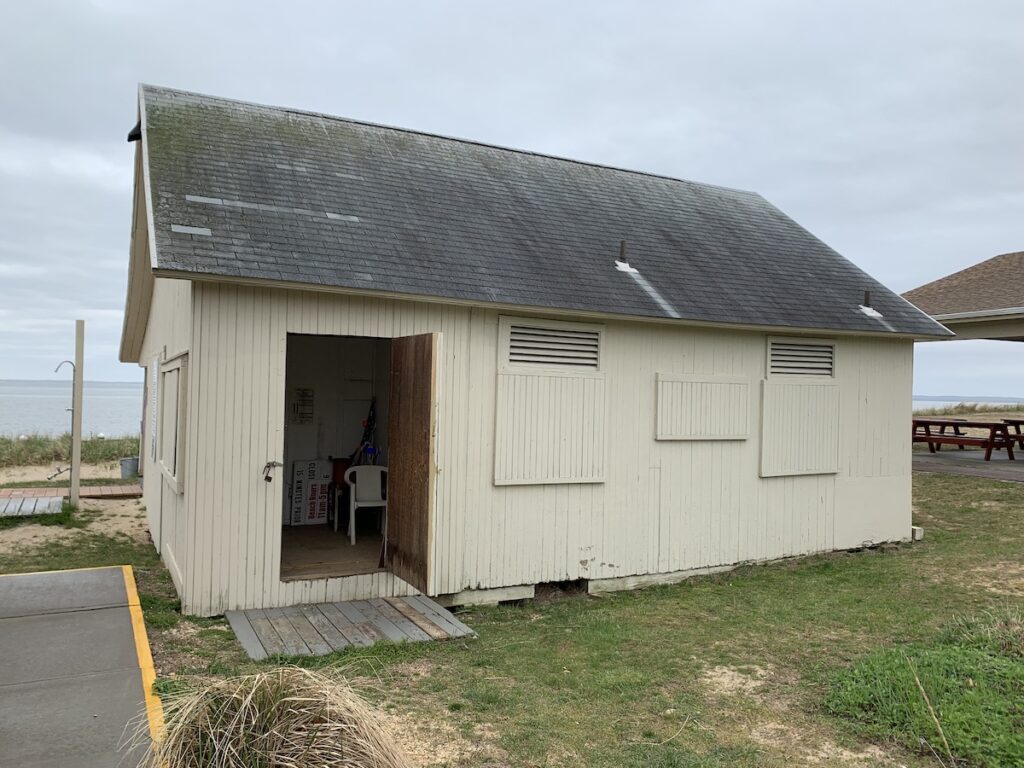Cutchogue landfill eyed for two energy projects
With the advent of new renewable energy technology, Southold Town may soon be hearing more pitches than ever to develop public lands into green power plants.
The capped Cutchogue landfill has been targeted by at least two consulting groups for energy projects ranging from gasification to solar arrays.
The town is in the process of scheduling a meeting with a company called Renewable Developers, which has proposed a gasification plant that would produce between one and two megawatts of power at the landfill.
Gasification is a process that uses high temperatures to turn garbage into a gas that’s burned to produce electricity. It’s different from methane capture, which harnesses the power from buried decomposing garbage.
Supervisor Scott Russell said during Tuesday’s Town Board work session that while he doubts there will be much public support for a gasification plant, it’s crucial to start thinking now about what Southold will do with its garbage in the future, when landfills elsewhere that currently accept Southold’s trash stop doing so.
“We have a train wreck coming now,” he said. “Even poor states like West Virginia don’t want to keep being the dumping ground for the northeast corridor.”
Councilman Bill Ruland added that if diesel prices jump to $6 per gallon, Southold will need to reexamine the cost of trucking its garbage out of town.
The second proposal is from TRC, a engineering consulting firm in Jericho. During the work session three TRC representatives offered their services to help attract renewable energy companies to pursue projects on town land.
TRC engineer Thomas Maher, the town’s consultant for the capping of the Cutchogue landfill in the mid-1990s, said that LIPA is attempting to comply with a federal mandate requiring that it produce 25 percent of its electricity from renewable sources by 2015. Currently, only 5 percent of LIPA’s energy comes from renewable sources.
LIPA is currently looking to spend $50 million on alternative energy projects within its coverage area and TRC would prepare requests for proposals and evaluate proposals that would use town land for generation of electricity to be sold to LIPA, he added.
The company claims the project would likely be a revenue source for the town, which could lease property to the renewable energy companies or offer electricity to residents at a reduced cost or require a payment in lieu of taxes from the alternative energy company.
The consultants said that the 20-acre landfill site could produce about 4 megawatts of electricity if a solar array was placed on it.
“One megawatt is enough power for 700 homes,” said TRC consultant Glenn Harkness. “The idea here is to assist the town in finding a developer who can do the soup to nuts. We would provide independent oversight.”
Mr. Maher said that the state Department of Environmental Conservation, which oversaw the landfill closure, is supportive of solar power at capped landfills, although the DEC might require amendments to the landfill closure plan or changes to the design of the cap. TRC would handle state permits, which would be paid for by the alternative energy company.
The initial cost of TRC’s services would be about $24,500, which would include preparing RFPs and soliciting proposals, but not evaluation of those proposals.
Town board members agreed to take the proposal under consideration, but took no action Tuesday.








